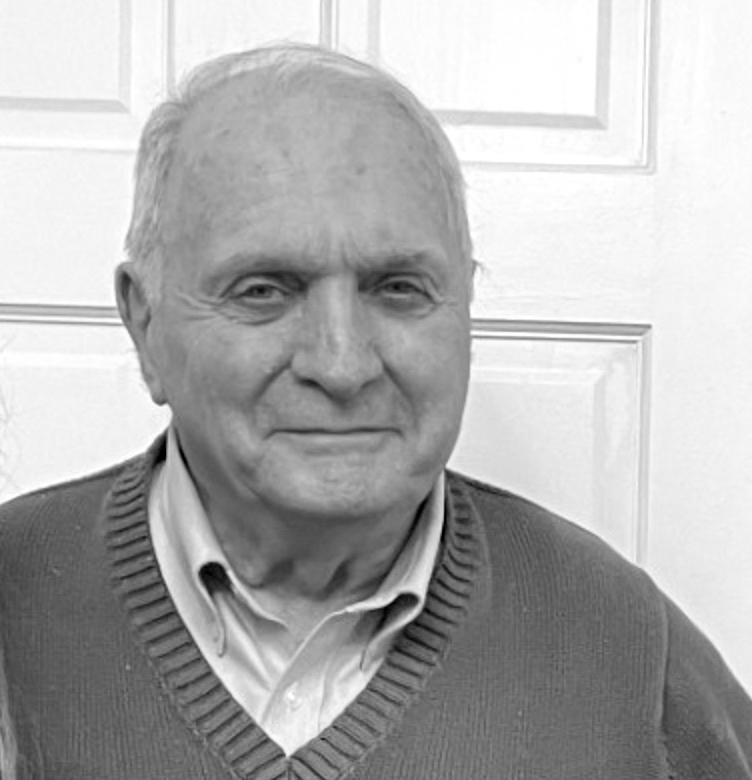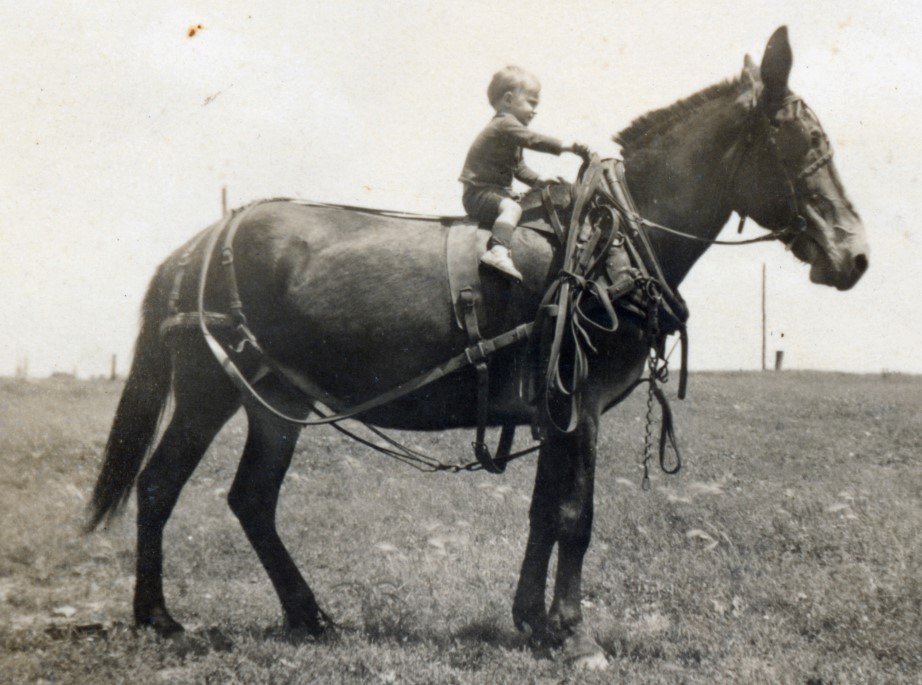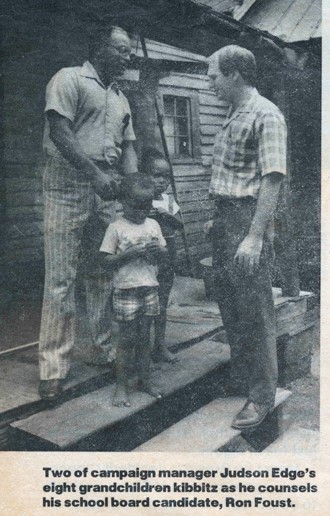Ronald Foust, 35 Years
Tell us about your career at Emory.

Ronald has been a senior financial analyst for the Office Information Technology.
I have intended from the beginning to be a part of Emory beyond what I was being paid for. My first office was in the Uppergate House, now called Tull House, which once housed the first computer on campus. Across the street, there was the IBM computer building where the Eggleston Hospital entrance now stands, and nearby was a small building housing network services and Emory’s IT desktop computer assembly. Over time, those sites changed dramatically with new clinics and research buildings replacing them.
I served as president of the Employee Council and on the executive committee of the University Senate. For many years, I contributed to the Campus Development Committee, advising on new campus construction plans alongside faculty, staff, and students. I also continue to serve on the advisory board of the Clifton Community Partnership. Additionally, I volunteered on the board of the Houston Mill House, managed by the Emory Woman’s Club, which maintained the historic building and hosted various events.
In the 1990s, I served on an advisory committee for the Office of International Affairs and added color to the Commencement Ceremony by installing national flags of countries represented in the graduating class, reflecting the truly global student body.
I also volunteered with Friends of Emory Forest to restore the tree canopy lost during campus expansion.
What are some of your favorite memories of your time at Emory?
I cannot say enough about the magnificent experience my two sons had at Oxford. I cherish the memory of installing the international flags at commencement, showcasing the global reach of Emory’s students from about half the countries of the world. I have fond memories of my family’s involvement in the Barkley Forum Debate Tournaments, which began in Americus and continued at Emory.
A special memory is sitting two rows behind Ted Turner and Jane Fonda at my daughter’s commencement, where she was honored with the Marion Luther Brittain Award. I remember how my oldest daughter was one of the founders of the Emory Coalition Opposing Hunger and Homelessness and her work organizing a conference for Catholic nuns addressing Hispanic experiences in the US.
Ronald as a 2-year-old, riding a horse on his family farm in Iowa.
What are some of the most significant changes you have witnessed over the course of your career?
The campus has grown and changed immensely. Buildings have been replaced, and the computer systems have evolved drastically since the early days of the IBM building and the first computer on campus. The university has expanded its healthcare footprint with new clinics and research buildings linked by pedestrian bridges.
Emory no longer has a Department of Journalism, which is interesting given journalism’s important role in American society. I also wish there were more growth in the Art Department and a stronger presence in Engineering. That said, I appreciate that the university's leadership is focused on pursuing the most promising opportunities. It is refreshing that Emory has not embraced major Division I sports like football and basketball yet maintains a stellar reputation among major educational institutions.
Is there anything you miss from "back in the day"?
I miss the close-knit community feel Emory once had. It felt more like a family then, before the growth made it feel more corporate. I also miss many of the people who have retired or passed on.
What do you hope for the future of Emory?
I hope Emory remains a good steward of education, research, and healthcare. I wish the university would pause after all the expansion to focus on meaningful inner growth and development. I hope it continues to build on its core strengths without losing sight of its community roots and cultural contributions.
In 1980, Ron was featured in People Magazine in a story about The Plains Monitor, a Flynt-owned paper.
Anything else you would like to share?
My family has deep ties to Emory — one daughter and three sons benefited from Emory educations, while another daughter pursued art at Brown University and the Rhode Island School of Design. My oldest daughter’s career, shaped by her Emory education, has included extensive work with Catholic Relief Services around the world.
Before Emory, I lived on a farm in Iowa and later earned a PhD in nuclear physics from Notre Dame. I taught physics at St. Mary’s College and spent years involved in civil rights struggles in South Georgia. At Emory, I have met countless heroes—faculty and staff who embody the mission of the university, as well as thousands of unsung heroes who work tirelessly behind the scenes. I hope one day Emory’s celebrations will honor these unsung heroes who do essential work without recognition.
I began my journey at Emory when I was fifty years old, so my earlier life experiences have shaped who I am and how I see Emory’s place in the world.